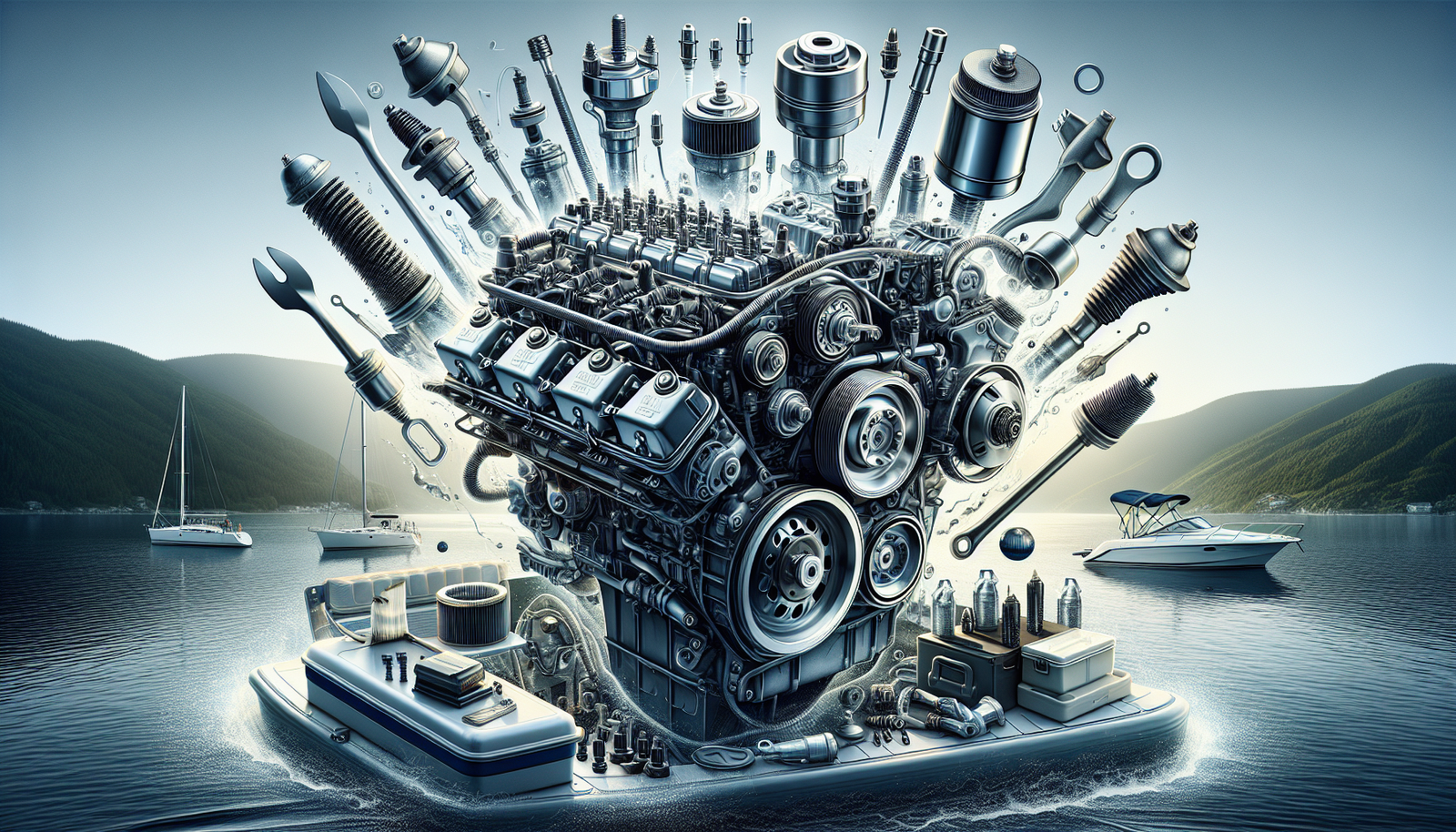Whether you’re a seasoned sailor or new to the boating game, a breakdown at sea can be a stressful ordeal. This is why it’s vital to arm yourself with essential knowledge on how to maintain your boat engine and avoid a possible breakdown. “Top Boat Engine Breakdown Prevention Tips Every Boater Should Know” equips you with practical advice and expert insights to keep your vessel in top-notch shape. Ready to set sail smoothly? Let’s get started.
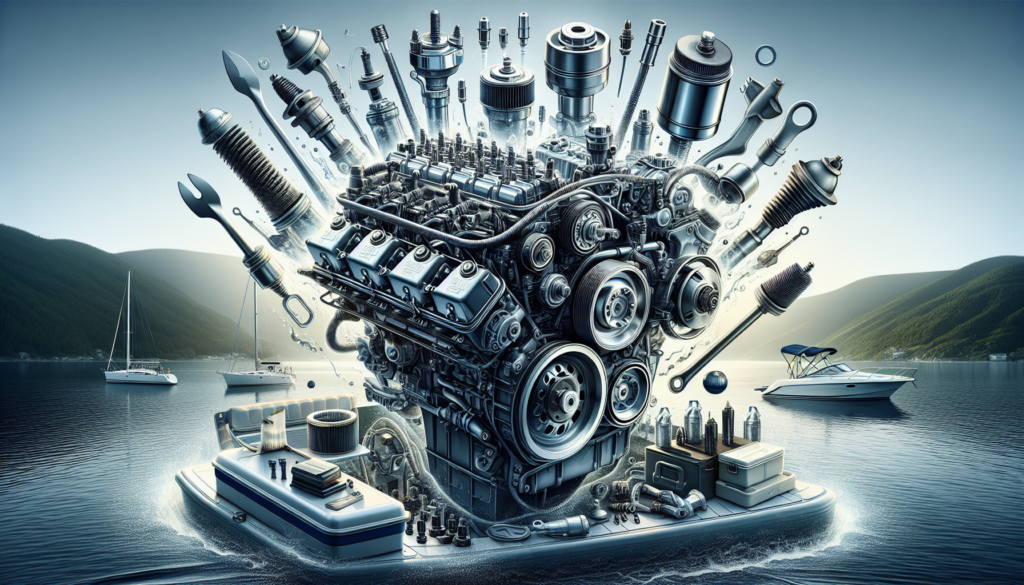
Understanding the Basics of Your Boat Engine
Boating can be a great way to relax and enjoy the water, but it’s essential that you have a clear grasp of how your boat engine works. It’s not necessary to become a certified mechanic, but having a basic understanding can prevent potential issues from evolving into major problems.
Knowing Your Engine Type
First things first, you should know what type of engine your boat has. Boat engines generally come in two types: inboard and outboard. Inboard engines are built into the boat’s structure, while outboard engines are mounted on the outside of the boat. Knowing the type of engine you have will help guide you on how best to maintain it.
Familiarizing with Engine Parts
Boat engines have various components, including the propeller, cylinder, spark plugs, carburetor, and cooling system. Familiarizing yourself with these parts and their functions can be very beneficial. Knowing your way around the engine will make it easier for you when you’re conducting maintenance or trying to diagnose a problem.
Learning Basic Engine Operations
After getting to know your engine and its parts, learn the basics on how it operates. Understanding the process of how your engine works—from fuel combustion to thrust—can give you better insights when troubleshooting issues. Taking the time to learn these basics will be one of your most important steps in maintaining your boat engine efficiently.
Proper Engine Maintenance
Maintenance is key if you want your boat engine to last. Regular care not only prolongs the life of your engine but also aids in ensuring optimal performance.
Regular Oil Changes
Just like with cars, changing your boat engine’s oil is one of the most basic yet vital maintenance tasks. An engine’s oil prevents internal parts from grinding against each other, causing damage and overheating. Ensuring a regular oil change, following the manufacturer’s recommendations, can help keep your engine running smoothly.
Checking and Replacing the Spark Plugs
Spark plugs play a critical role in an engine’s ignition system. Carbon build-up or a worn-out spark plug can lead to engine misfires and poor performance. Regular checks and timely replacements can prevent these issues.
Routine Clean Up
A clean engine performs better and lasts longer. Regular cleaning prevents build-up of salt, dirt, and other debris that can hamper your engine’s performance. After every outing, rinse the engine with fresh water and occasionally give it a deep cleaning using recommended cleaning products.
Fuel System Care
Maintaining the fuel system is another crucial aspect of boat engine care. A properly working fuel system ensures your engine gets the fuel it needs to operate efficiently.
Using the Right Type of Fuel
The type of fuel you use greatly affects your engine performance. Always use the fuel type recommended by your boat’s manufacturer. Using the incorrect type or low-quality fuel can cause damage to your engine over time.
Keeping the Fuel System Clean
A dirty fuel system can lead to various engine problems, from difficulty starting to loss of power. Regularly clean the fuel filters and use fuel stabilizers if the boat is stored for an extended period.
Checking Fuel Lines Regularly
Over time, fuel lines can crack, leading to fuel leaks. Regularly inspecting and replacing fuel lines can prevent these issues and potential hazards.
Cooling System Maintenance
Your engine’s cooling system plays a vital role in preventing your engine from overheating. Regular maintenance can ensure it functions properly.
Ensuring Adequate Supply of Coolant
Always make sure there’s enough coolant in your engine. Running an engine without coolant can cause it to overheat and potentially fail.
Periodic Inspection of Hoses and Connections
Regularly inspect the hoses and connections in the cooling system. Look for any leaks or worn-out parts and replace them promptly.
Regular Replacement of Impellers
Impellers help circulate coolant throughout the engine. If an impeller breaks, the engine can overheat. Regularly inspect and replace impellers to keep the cooling system in top condition.
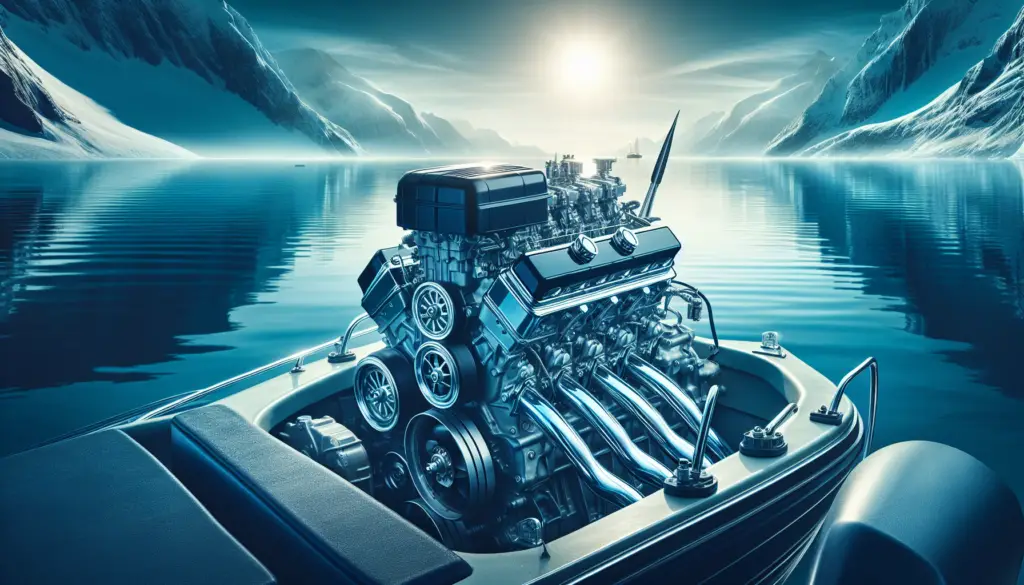
Electrical System Checks
Electrical systems in a boat engine need attention, too. They’re crucial for starting the engine and running electrical components on your boat.
Keeping the Batteries Healthy
Your boat’s battery should always be charged and ready. A depleted battery can leave you stranded.
Regular Inspection of Wiring
Wires, connections, and terminals can corrode over time causing electrical issues. Regularly inspect, clean, and replace these parts as needed to avoid potential problems.
Preventing Corrosion of Electrical Parts
To prevent corrosion, frequently clean your boat’s electrical parts, particularly those exposed to moisture and saltwater. Use anti-corrosion sprays available in marine supply stores.
Proper Storage and Winterization
Proper storage and winterization are crucial to preserving your boat engine’s lifespan. Here are some important measures to take.
Cleaning and Storing the Boat Properly
Proper cleaning before storage can help prevent corrosion and damage. Dry all parts thoroughly and protect exposed parts with appropriate covers.
Winterizing Procedures for Cold Climates
In cold climates, special care must be taken before storing your boat for winter. Winterizing your engine includes tasks such as flushing the cooling system, filling with antifreeze, and fogging the engine to keep parts lubricated.
Prevention of Moisture and Ice Damage
Store your boat in a dry, covered area to minimize moisture build-up. If available, use a boat cover to prevent damage from ice or snow.
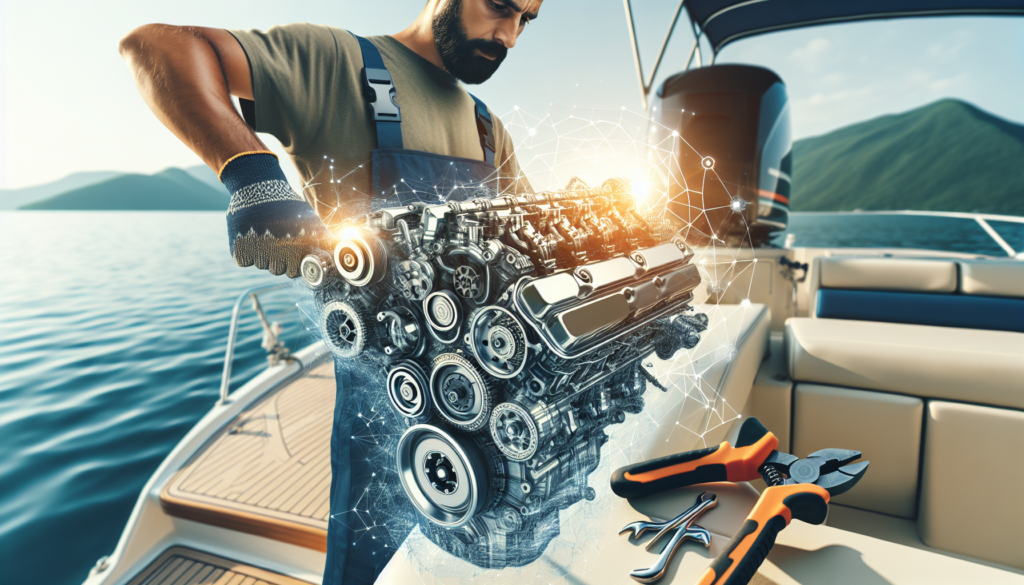
Importance of Regular Inspections
Regular self-inspections can help you catch minor issues before they turn into major problems. However, it’s also important to know when you need a professional’s opinion.
Self-Inspections and When to Involve a Professional
You should regularly inspect your boat for signs of damage or irregular performance. However, for certain tasks such as oil changes or if you suspect a serious issue, it’s worth involving a professional.
Looking for Possible Red Flags
Pay attention to warning signs like unusual noises, decreased performance, overheating, and leaks. These can be indicative of underlying problems that need to be addressed promptly.
Establishing a Regular Inspection Routine
Having a regular routine can help ensure that you don’t overlook anything in your inspections. Whether it’s weekly, monthly, or seasonal, find a routine that suits your schedule and stick to it.
Dealing with Common Engine Problems
Boat engines can encounter a host of common problems. Knowing how to diagnose and deal with these can save you time and money.
Diagnosing and Fixing Overheating
Overheating is a common problem in boat engines. Regular checks of the cooling system, using the correct oil, and maintaining the right engine load are some of the ways to prevent it.
Addressing Issues with Starting the Engine
Starting issues can be frustrating. They could be due to a variety of reasons, including a low battery, defective spark plugs, or a problem with the fuel system. Regular maintenance and knowledge of your engine can help you diagnose and fix these issues.
Solving Fuel-Related Problems
Fuel-related problems can range from using the wrong fuel type to having a dirty fuel system. Regular fuel system maintenance and ensuring the use of the correct fuel can prevent these problems.
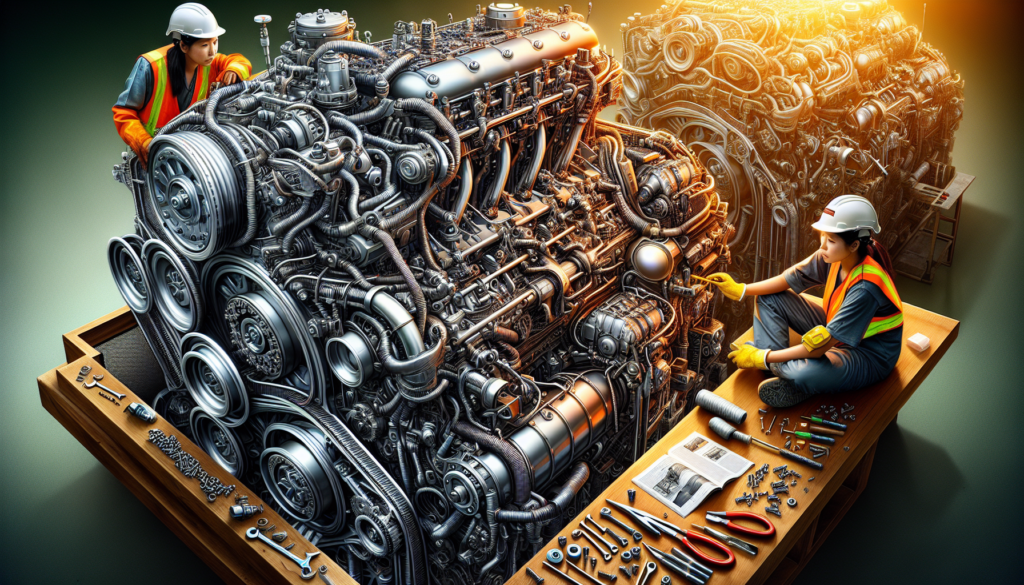
Knowing When to Seek Professional Help
Even if you’re confident in your boating skills, it’s crucial to understand when it’s time to call in the professionals.
Recognizing Serious Issues
There are certain signs that might indicate serious issues with your engine, such as persistent overheating, excessive smoke, or major oil leaks. If you observe any of these signs, seek professional help immediately.
Finding a Reliable Marine Mechanic
Having a reliable and competent marine mechanic can ensure your boat gets the best care possible. Look for mechanics who are certified and have experience in servicing your type of boat engine.
Ensuring Proper Repairs and Maintenance
While some maintenance tasks can be performed by yourself, others are best left to the pros. Always ensure that any repairs or maintenance work done on your boat is done correctly and to a high standard.
Continual Learning and Staying Updated
Boating and engine technologies are continually evolving, and it’s important to keep up with the times.
Keeping Up with New Engine Technologies
New engine technologies often provide improvements in efficiency, performance, or maintenance practices. Stay updated with these technologies to improve your boating experience.
Learning from Other Boaters’ Experiences
Other boaters can provide valuable insights based on their experiences. Join boating forums and communities, and don’t be afraid to ask for advice or share your own experiences.
Staying Informed about Updates in Boat Maintenance Practices
As technologies improve, so do boat maintenance practices. Stay ahead of the curve by staying informed about the latest in boat maintenance.
In conclusion, maintaining your boat engine well is an important factor in prolonging its lifespan and ensuring enjoyable boating experiences. Regular maintenance and checks, an understanding of your engine, knowing when to involve professionals, and continual learning are all part of this process.

